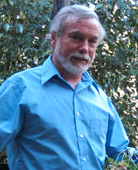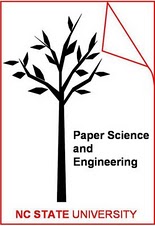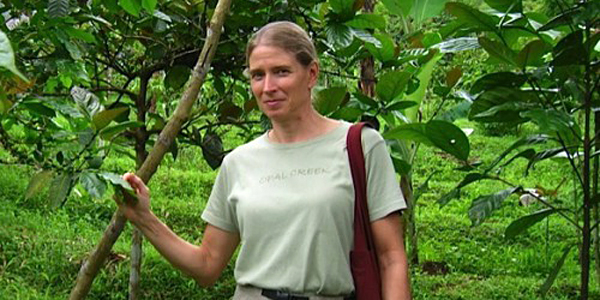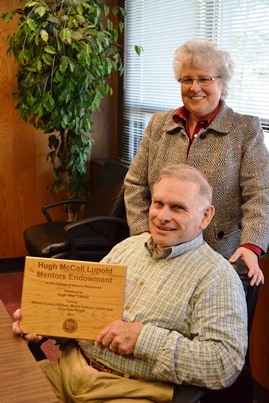Two North Carolina State University faculty members have been named to the Board on Agriculture and Natural Resources (BANR), a major program unit of the National Research Council.
Dr. Stephen Kelley, professor and head of the Department of Forest Biomaterials in the College of Natural Resources and Dr. Fred Gould, William Neal Reynolds Professor of Entomology in the College of Agriculture and Life Sciences, were named to the board.
The board is responsible for organizing and overseeing studies on agriculture, forestry, fisheries, wildlife and the use of land, water, and other natural resources. The National Research Council is a private, nonprofit institution that provides expert advice.
Known collectively as the National Academies, the National Research Council, National Academy of Sciences, National Academy of Engineering and Institute of Medicine provide information designed to address the most pressing challenges facing the nation and world, help shape sound policies, inform public opinion and advance the pursuit of science, engineering and medicine.
Gould and Kelley join the board as Dr. Julia Kornegay, professor of Horticultural Science in the College of Agriculture and Life Sciences, leaves it.
About Dr. Steve Kelley
Kelley’s research interests include the sustainable production of energy and materials from biomass and the application of novel analytical tools to biomass. He teaches classes in Wood Chemistry, Wood Adhesives and Composites, and Sustainable Building Materials.In addition to his research and teaching, he has helped develop international partnerships for his department.
Prior to joining NCSU, he spent 13 years at the Department of Energy’s National Renewable Energy Laboratory (NREL) working on biomass conversion technologies. At NREL his responsibilities included technical leadership and innovation in the areas of biomass characterization, production of value-added biobased products and thermal conversion processes, and project management.
Prior to joining NREL, Kelley worked in industry (Eastman Chemical Co. and Bend Research Inc.) for seven years developing new cellulose-based materials and membrane processes.
About Dr. Fred Gould
Gould, a member of the National Academy of Sciences, studies the ecology and genetics of insect pests to improve food production and human and environmental health. He has received funding from the National Science Foundation, the Bill and Melinda Gates Foundation and the National Institutes of Health, among others, for his work.
Gould has been honored with both N.C. State’s Holladay Medal, the highest honor presented for faculty achievement, and the O. Max Gardner Award, the most significant university wide honor given to faculty by the UNC Board of Governors.
Gould has served on National Academy of Sciences-National Research Council committees to study the environmental effects of the commercialization of genetically modified plants and develop recommendations on genetically modified pest-protected crops. He has also served on Environmental Protection Agency panels on genetically modified crops.
More About BANR
A variety of problems and causes drive work on issues in the fields of agriculture, forestry, fisheries, wildlife, and the use of land, water, and other natural resources . Often conflicts arise between growing demands for food and resources and the impacts of developing and producing those resources on the natural ecosystem. The need to sustain, restore and improve the productivity of agriculture for the economic well-being of the nation can also generate vital questions.
BANF maintains a critical overview of the several fields under its purview so that it is aware of relevant work relating to public policy formulation, research frontiers, technological developments, human resource needs, economic and social trends. The Board is also responsible for planning new studies, conducting oversight on projects carried out by its subsidiary committees, and making an annual appraisal of emerging issues related to food, fiber, fuel and the natural resource base supporting their production.





 The lecture, cosponsored by the College of Natural Resources and the College of Agriculture and Life Sciences, was part of a week of festivities celebrating Earth Day. The following is an excerpt from an article in the student newspaper.
The lecture, cosponsored by the College of Natural Resources and the College of Agriculture and Life Sciences, was part of a week of festivities celebrating Earth Day. The following is an excerpt from an article in the student newspaper.